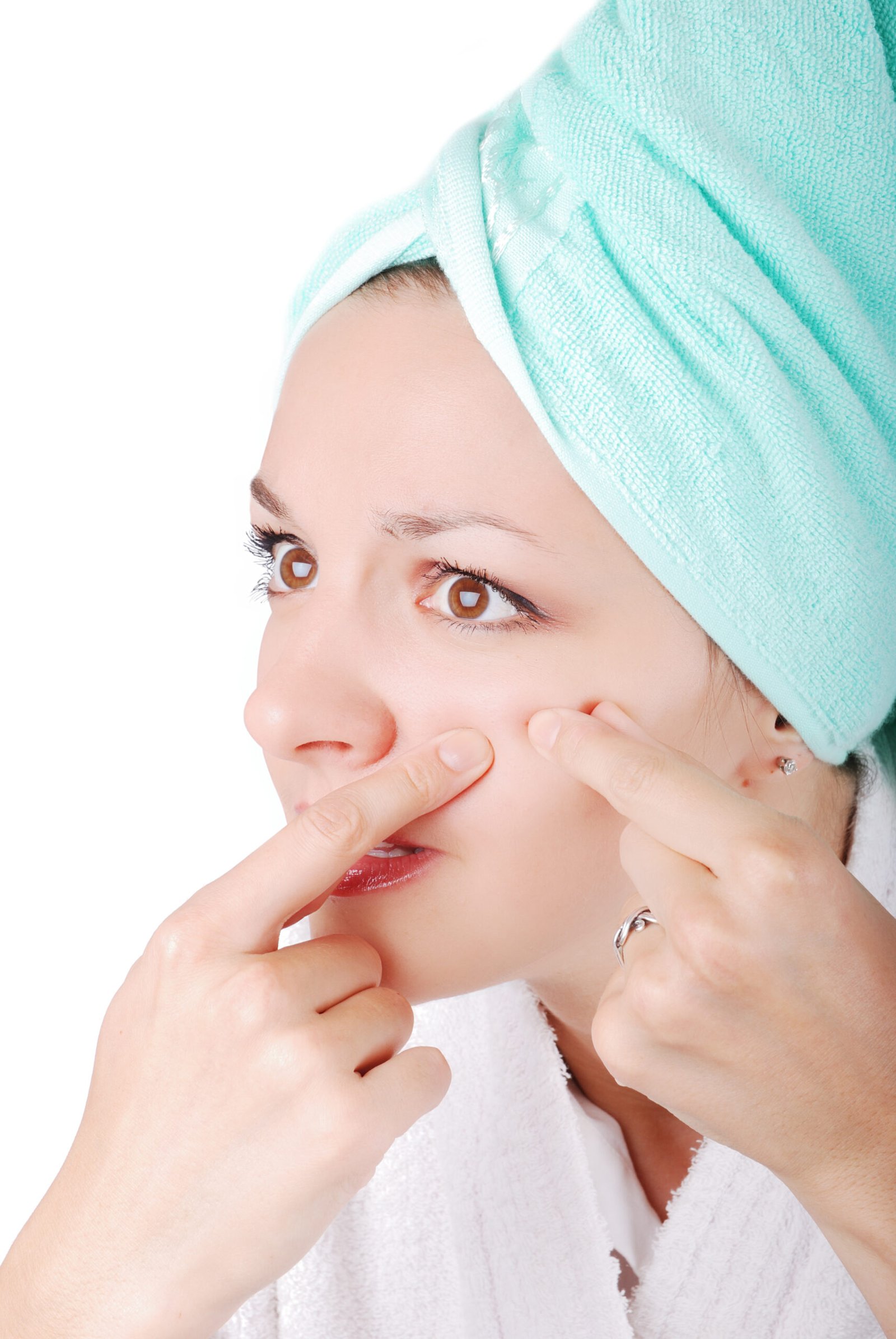Acne is one of the most common skin problems that affect people of all ages. It’s characterized by pimples, blackheads, whiteheads, and other types of blemishes on the face or body. While there are many myths surrounding acne, one of the most persistent ones is that it’s caused by fungus. In this blog post, we’ll debunk that myth and explore the real causes of acne, as well as how to treat and prevent it effectively.
Understanding Adult Acne: Causes, Treatments, and Prevention Tips
Adult acne can be just as frustrating as teenage acne, but understanding its causes can help you find effective treatments and prevention strategies. Some of the factors that contribute to adult acne include hormonal imbalances, stress, poor diet, and lack of sleep. To combat adult acne, you may need to make lifestyle changes such as eating a healthier diet, reducing stress levels, and getting enough restful sleep each night. Additionally, using targeted skincare products and medications like benzoyl peroxide or salicylic acid can also help clear up breakouts quickly.
The Best Acne Medications for Different Types of Breakouts
There are several different types of acne medications available, including topical creams, gels, and lotions, as well as antibiotics and retinoids. The best type of medication will depend on your specific type of breakout. For example, if you have mild acne with only occasional breakouts, an over-the-counter product containing benzoyl peroxide might work well. If you have moderate to severe acne, prescription medications like tretinoin (Retin-A) or adapalene (Differin) may be more effective. Antibiotics like doxycycline or minocycline can also be helpful in treating inflammatory acne lesions.

How to Get Rid of Acne Scars and Marks Permanently
While acne itself can be difficult to get rid of, acne scars and marks can sometimes be even harder to deal with. However, there are several treatment options available to help minimize their appearance permanently. These include laser resurfacing, chemical peels, dermabrasion, and microdermabrasion. Each of these procedures works by removing damaged layers of skin and stimulating new collagen production to reveal smoother, clearer skin underneath.
Natural Remedies for Acne: Do They Really Work?
Many people turn to natural remedies when seeking relief from acne, but not all of them are backed by scientific evidence. Some popular natural remedies for acne include tea tree oil, aloe vera gel, turmeric paste, and apple cider vinegar. While some studies suggest that these ingredients may have anti-inflammatory properties and could potentially improve acne symptoms, more research is needed to confirm their effectiveness. Ultimately, the best way to manage acne is through a combination of good skincare habits, appropriate medications, and regular checkups with a dermatologist.
